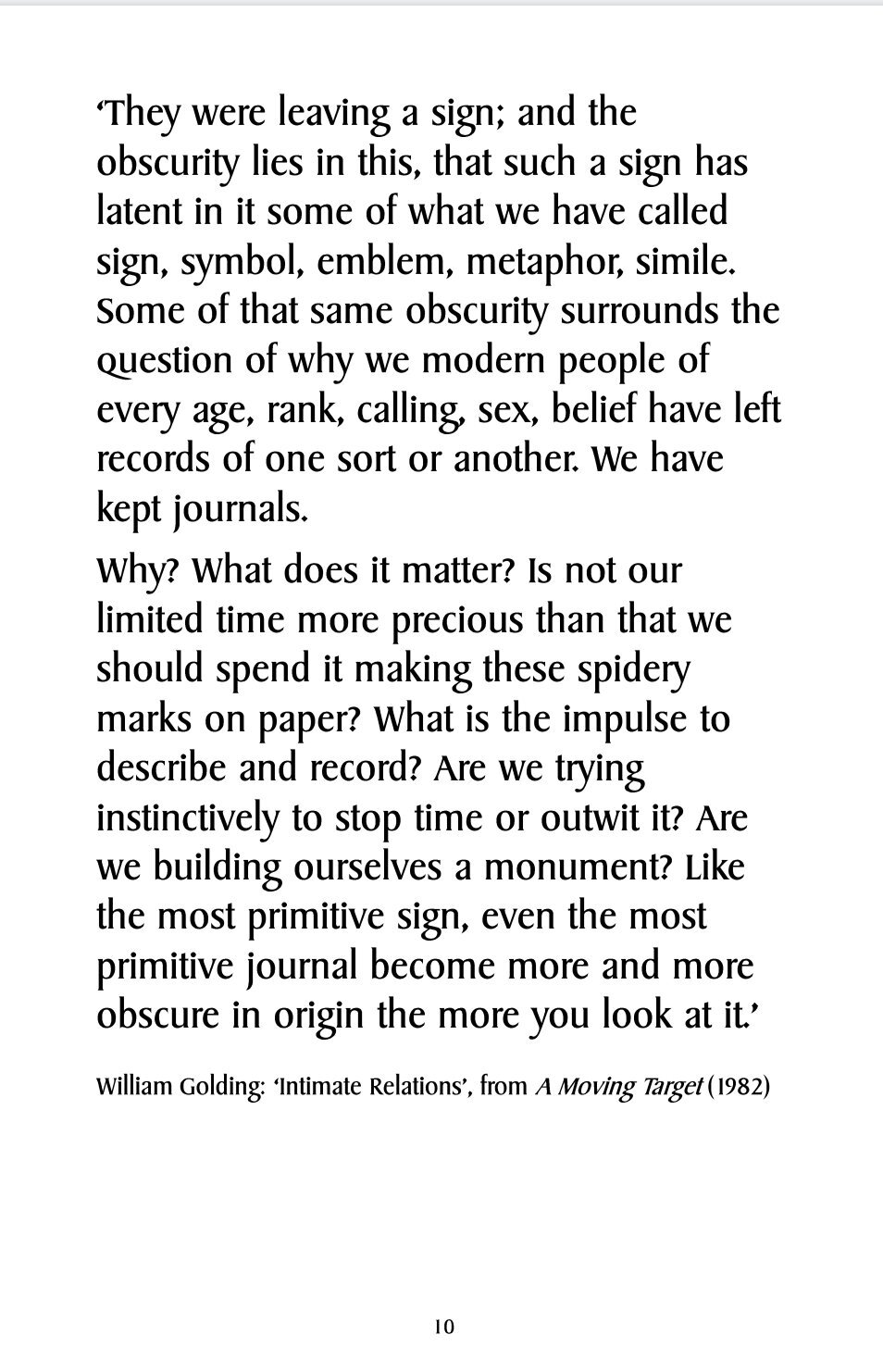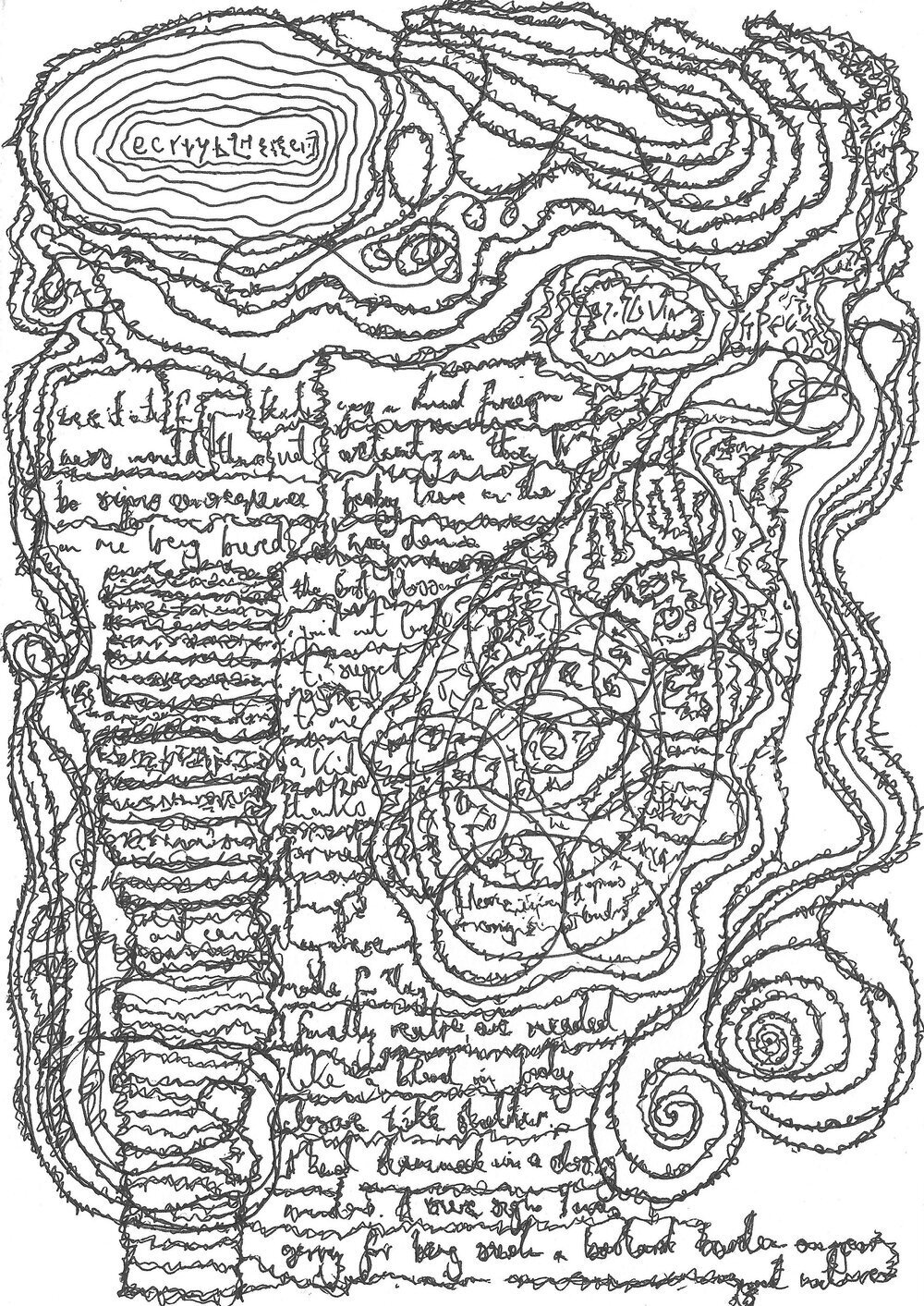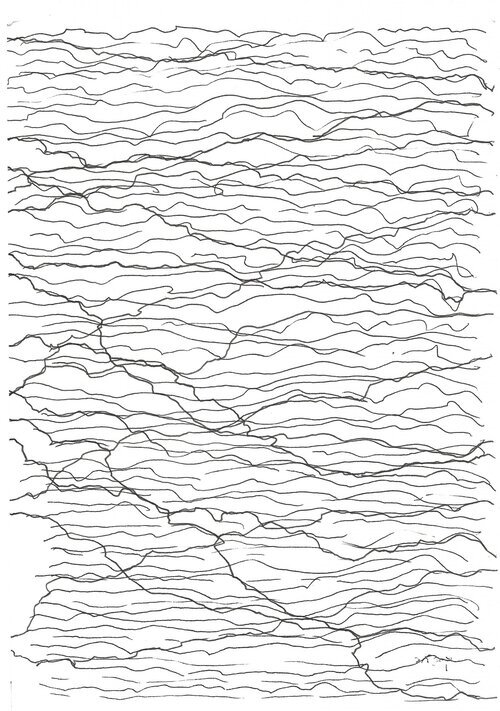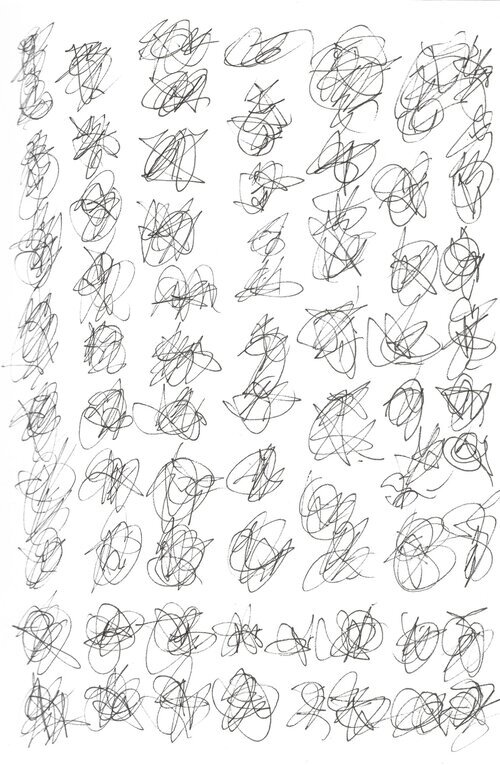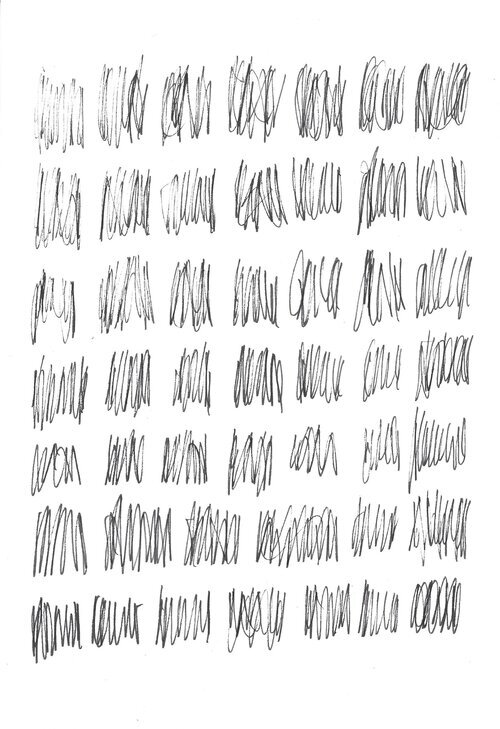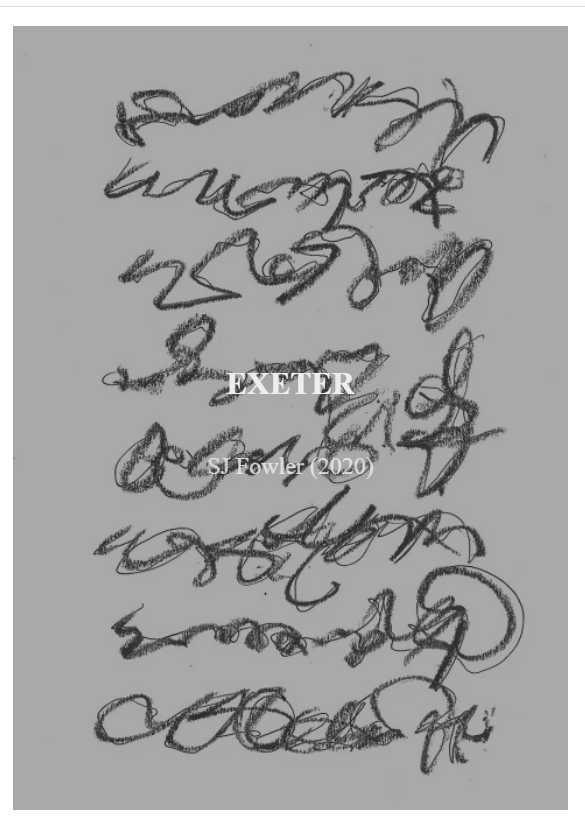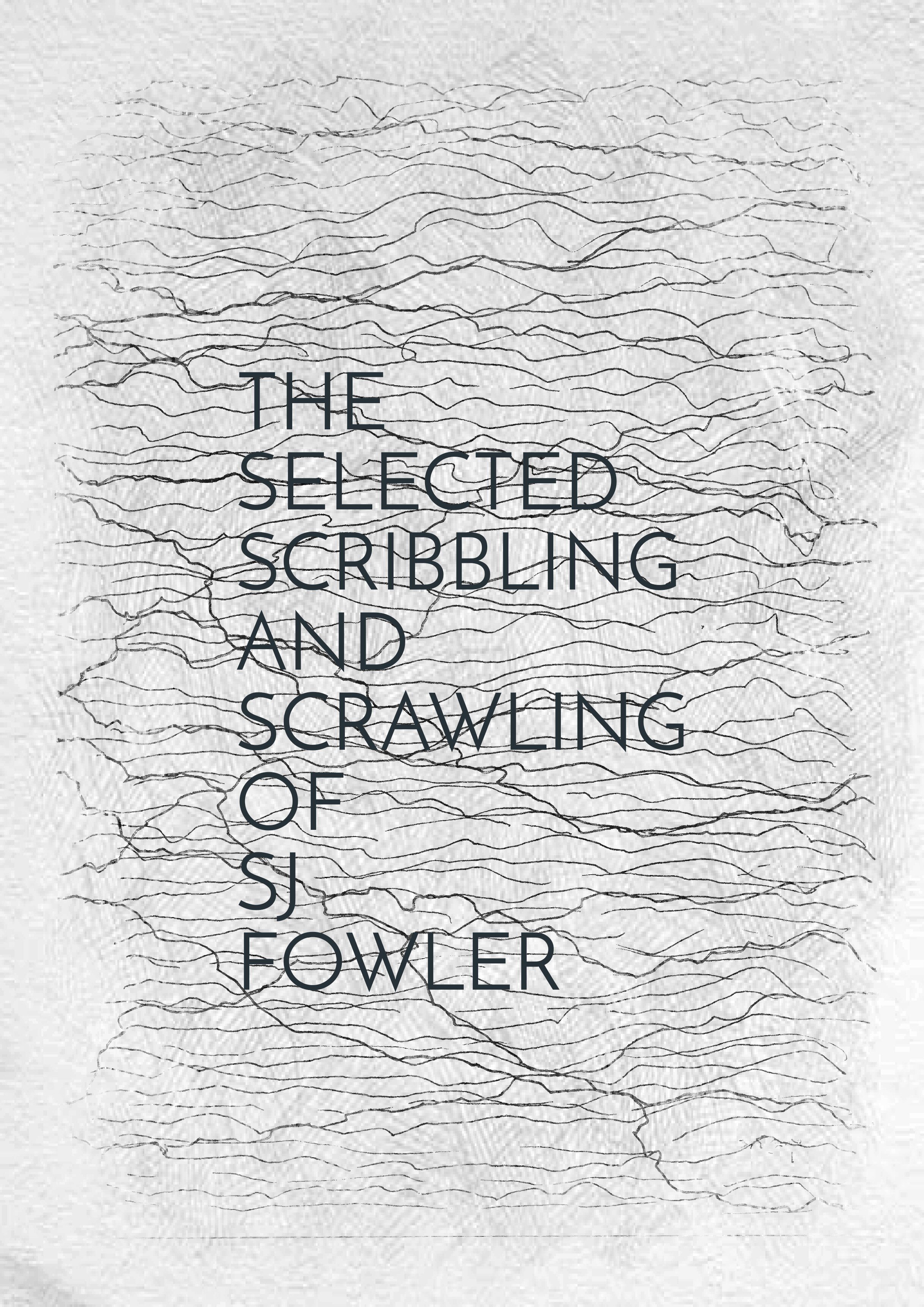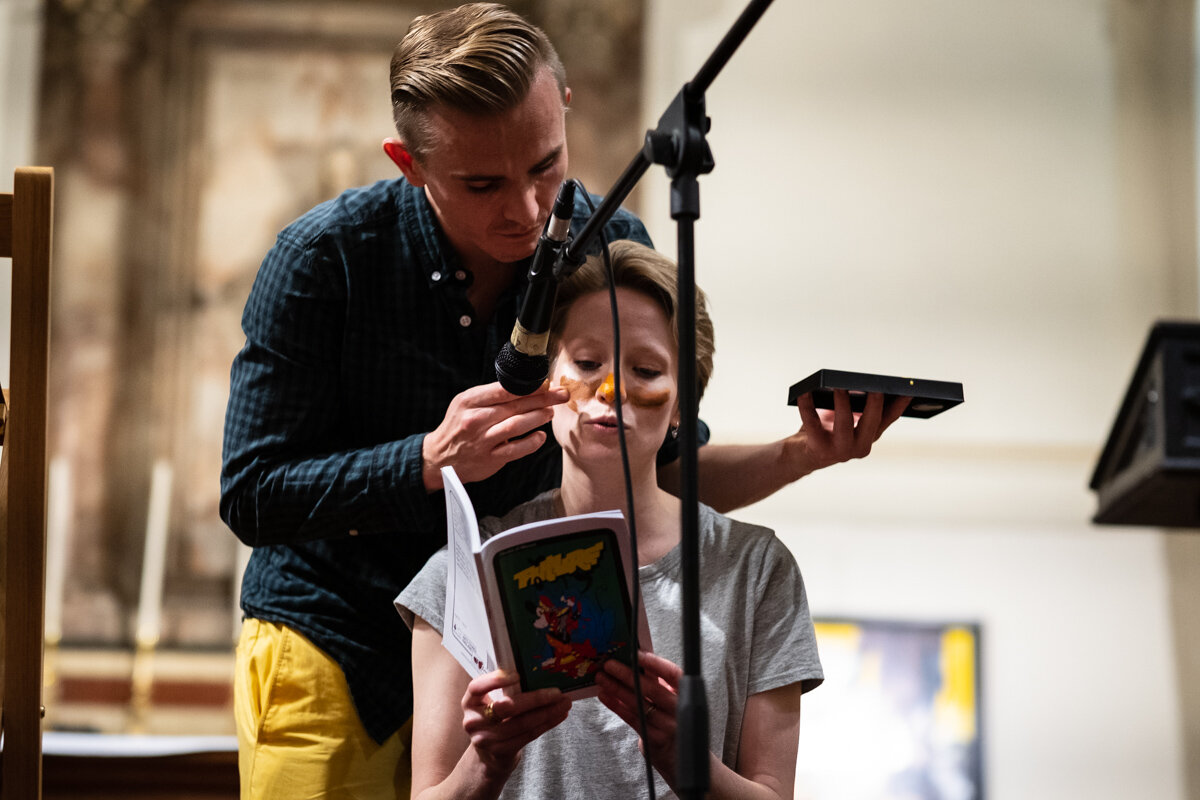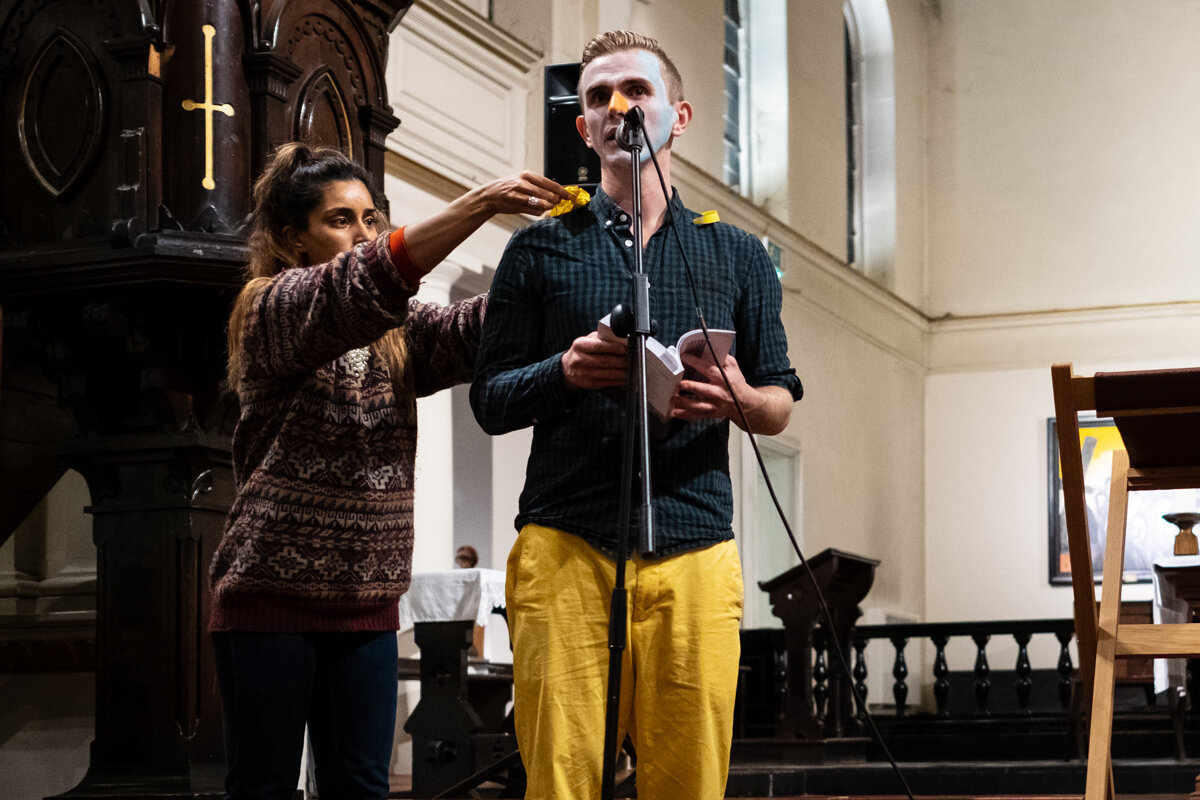Nemeses - my selected collaborations 2014-2019 - was produced really so brilliantly by Haverthorn press, and editor Andrew Wells. It was published beautifully in late 2019 and 8 months on, I couldn’t be happier with it. To keep a little fire burning on the volume, Haverthorn have published the essay I wrote for the rear of the book online as a pdf. Below is the beginning of the essay where I discuss the bind of writing of complex work and expecting it to be popular or well known, and why poetry might appear to be a singular art when it ain’t. Full essay can be read Nemeses+essay.pdf
The book is available https://www.haverthorn.com/books/nemeses-selected-collaborations-of-sj-fowler-volume-2
a nemetic poetics, or being happy alone in company
“One can have friends without wanting to see them.”
Charles Lamb
A problem shared is a problem doubled unless the problem is an essential and painful truth, that is awful, until it is inspiring, when experienced, in shared recognition, with other human animals. Can you achieve this anti-alienation of making things in writing poems? If you like.
Doing poetry can be proper lonely for reasons quite different than what many people seem to think. You hear people parrot on about the solitude of writing, as though the act itself were unusually isolated, or that the ways and means of creating or editing a poem require a removal of not just the body and the mind, but the soul. Everything that requires concentration is lonely. Everything worthwhile requires such attention. That’s how taste and skill is made.
The unusual monoculture of poetry is a stereotype responsible for quite a good deal of bad poetry. Poetry is less remote than fiction say, taking a comparison in the same field, for arguments sake. You don’t have to spend hours alone in your room on a computer to write a poem. No, poetry is lonely for me because of the very specific 21st century milieu. Poetry is out of these times, no matter what anyone says. It is a thing without market force, which allows it to create weird contextual manipulations of what quality is, and more importantly, it really really requires concentrated affirmative attention to be enjoyed as both writer and reader. No big deal, but we are in an era when everyone’s brain is morphed up by rapidity. This is not necessarily a bad thing. But it is bad for good poetry….
This is why a lot of (not all) ‘popular’ poetry is now resting upon a strong biographical context and why all the articles about poetry’s popularity mostly won’t mention with whom it is popular and what kind of poetry it is that’s popular. That’s not just because the journalists tend to not know there are types of poetry. Again, not necessarily a bad thing. It’s simply the world has changed around the poem and the poem can only change so much. It can only be so accessible when it is good. It cannot convince like the cinema, say, at its lowest common denominator.
All this means, fundamentally, and reasonably, no matter how much work you put into writing things that are not boring and predictable and sentimental, things that are concerned with language itself, and what has come before, and how unimaginably complex, mysterious and difficult existence and language is, and no matter how good you get at performing those things, in public, to audiences, virtually no one can care. That’s obvious though, isn’t it? Isn’t that a good thing overall? To know you are out of that kind of pursuit of success? Most of the time it is a blessing. Sometimes it makes you feel lonely. Hacking away at a seam somewhere remote, not wanting to make virtue of obscurity, not wanting to be swimming in language plastic with extreme artificiality either, and not wanting to court academic or tribal support systems of insulation and deluded bitterness, and yet, still being unable to swallow the anti-intellectual and sentimental thrust that dominates, without a common-sense quality control, the artform in your nation. You’re stuffed really, if you want something other than your own little trough. But again, what can one reasonably expect? To write difficult, strange, hermetic, coded, weird books and expect them to appeal to readers? Funny when I say it like that.
How could a poet from a Slavic country hope for anything more than a chamber audience confined to a few universities? We all entertain our illusions, but not when they overstep the bounds of reason.
Czesław Miłosz, Nobel Prize for literature
I’ve contradicted myself, and truly, I don’t want a lot of people to care, that’s inevitable with what I’m interested in and given the way people are, but this all provides a problem that must be solved. How does one create meaning, purpose, motivation, even joy, pleasure, excitement, working away at a medium that can feel repetitive and pointless (knowing it is supposed to)?……………………………. The essay continues, please read on Nemeses+essay.pdf


